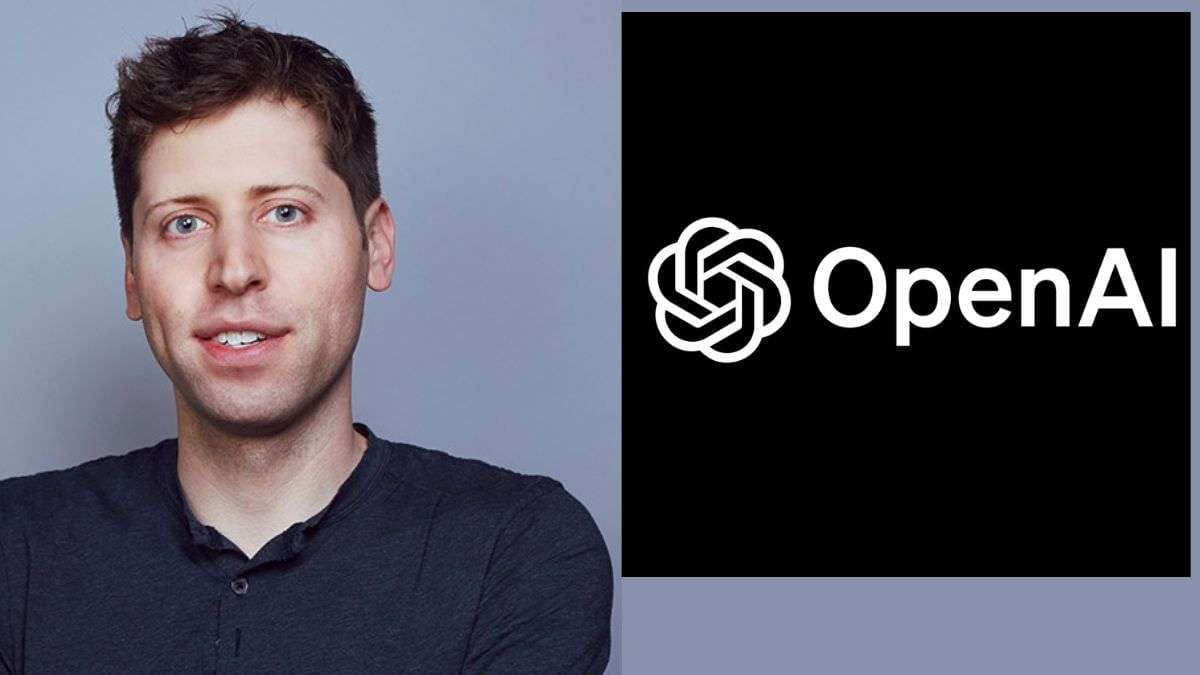OpenAI CEO Sam Altman Pursues Trillions for AI Chip Project
While Altman's plan is bold, it faces various challenges, including obtaining approval from the U.S. government due to potential national security implications and the logistical complexities of swiftly establishing major chip fabrication plants.

Sam Altman, CEO of OpenAI, is embarking on an audacious mission to reshape the global semiconductor industry in support of advancing artificial intelligence (AI). Reports from The Wall Street Journal reveal that Altman is in discussions with investors, including government funds from the United Arab Emirates, to raise an unprecedented $5 to $7 trillion to fund this endeavor.
Altman is advocating for a substantial increase in chip-building capacity worldwide, which would not only benefit OpenAI but also contribute to meeting the growing demand for AI chips across various industries. To fund this ambitious endeavor, Altman is reportedly in discussions with potential investors, including the government of the United Arab Emirates.
we believe the world needs more ai infrastructure--fab capacity, energy, datacenters, etc--than people are currently planning to build.
— Sam Altman (@sama) February 7, 2024
building massive-scale ai infrastructure, and a resilient supply chain, is crucial to economic competitiveness.
openai will try to help!
The scale of the project is unprecedented, with estimated funding requirements ranging between $5 trillion and $7 trillion, as per sources cited by The Wall Street Journal. While these figures are yet to be confirmed, the initiative underscores Altman's vision to address the critical shortage of AI infrastructure and bolster economic competitiveness.
Altman's pursuit of such a significant investment comes amid growing recognition of the importance of AI infrastructure in driving innovation and economic growth. By advocating for the expansion of chip-building capacity and the establishment of a resilient supply chain, Altman aims to position OpenAI at the forefront of the AI revolution.
The news follows previous endeavors and investments by Altman in the semiconductor space, including his involvement in a chip venture codenamed "Tigris" and investments in AI chip startup Rain Neuromorphics. While these initiatives have faced some controversies and challenges, Altman remains committed to advancing OpenAI's mission of democratizing AI and expanding access to transformative technologies.
The success of Altman's ambitious chip project could have far-reaching implications, not only for OpenAI but also for the broader semiconductor industry and the future of AI innovation. As the demand for AI continues to soar, initiatives like these play a crucial role in shaping the technological landscape and driving progress towards a more AI-driven future.




